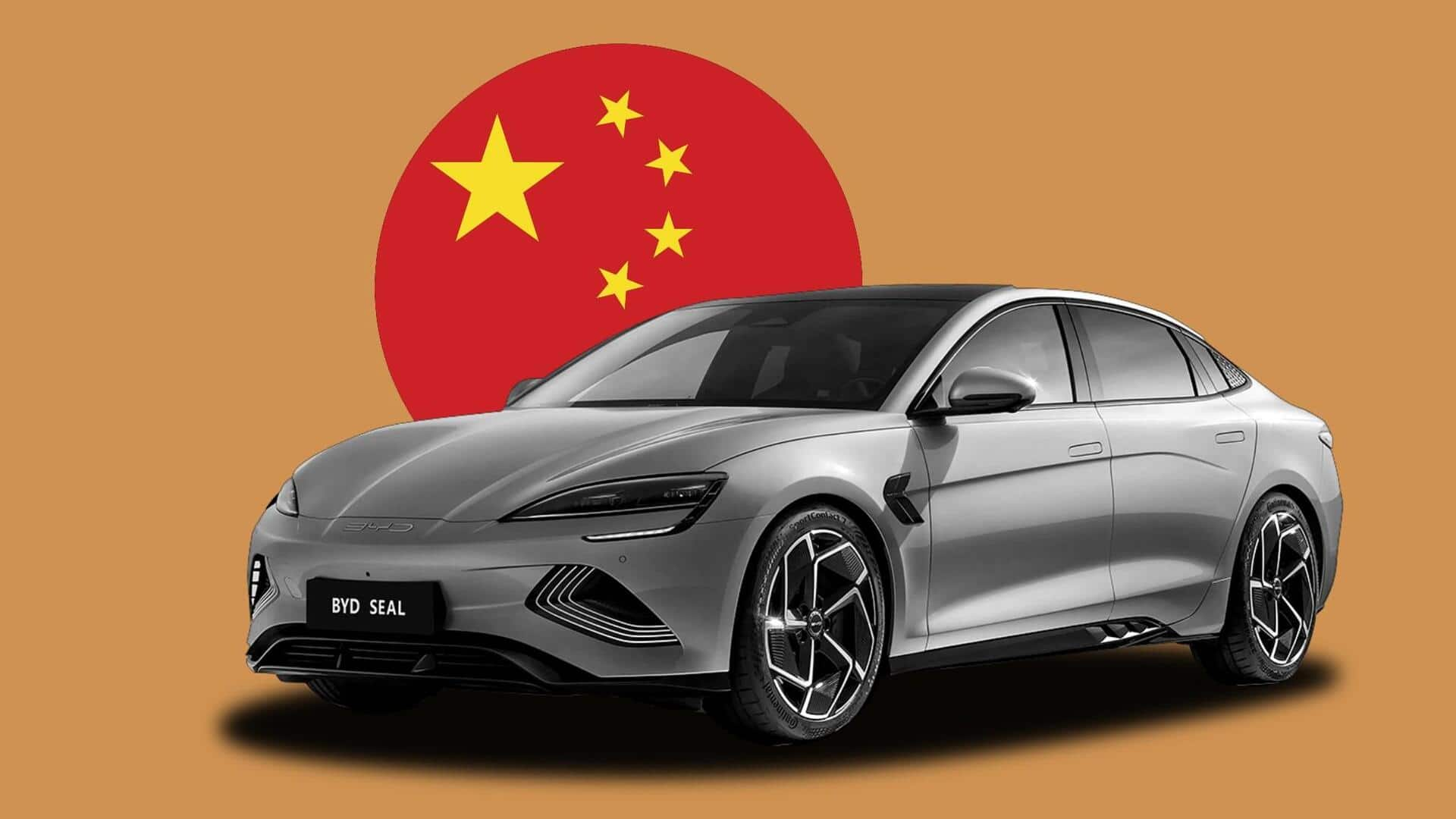
US to investigate security risks in Chinese cars: Here's why
What's the story
The US government is investigating potential security risks linked to connected technology in cars made in China and other 'countries of concern.' For reference, modern vehicles come with various connected features, like driver assist systems, GPS, and security measures to make driving a breeze. However, officials worry that these technologies could be exploited by hackers and foreign governments, putting national security at risk.
Problems
Data collection and infrastructure concerns
A White House statement revealed that connected vehicles collect significant amounts of sensitive data on drivers and passengers. These vehicles also record detailed information on US infrastructure using cameras and sensors, and can interact directly with critical digital infrastructure. The concern is that threat actors could exploit these vulnerabilities, and foreign governments might use this data in ways that threaten national security.
Investigation
Department of Commerce leads investigation
The Department of Commerce will spearhead the investigation to determine the scope of the technology in these cars. It will also check the extent to which they can capture extensive data or remotely manipulate connected vehicles. Commerce Secretary Gina Raimondo stressed the importance of public input to identify the appropriate technologies and market participants for regulation. This is the first investigation by the agency's Bureau of Industry and Security under Trump-era Executive Orders aimed at protecting domestic information.
Statement
President Biden's stance on Chinese auto market dominance
President Joe Biden is committed to preventing China from dominating the automotive market through unfair practices that could pose risks to national security. He expressed concerns that these connected vehicles could collect sensitive data on US citizens. "China is determined to dominate the future of the auto market, including by using unfair practices. China's policies could flood our market with its vehicles, posing risks to our national security. I'm not going to let that happen on my watch," he said.